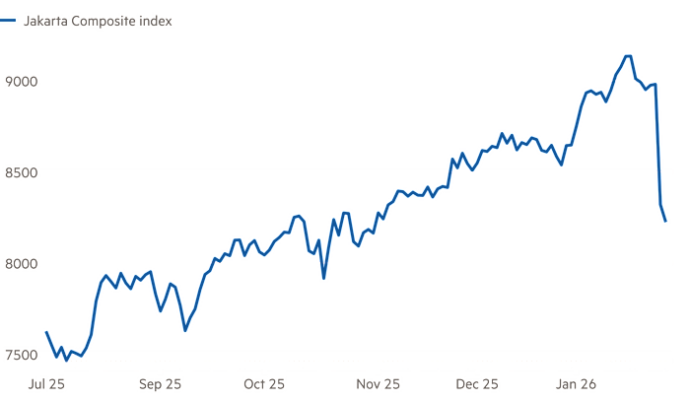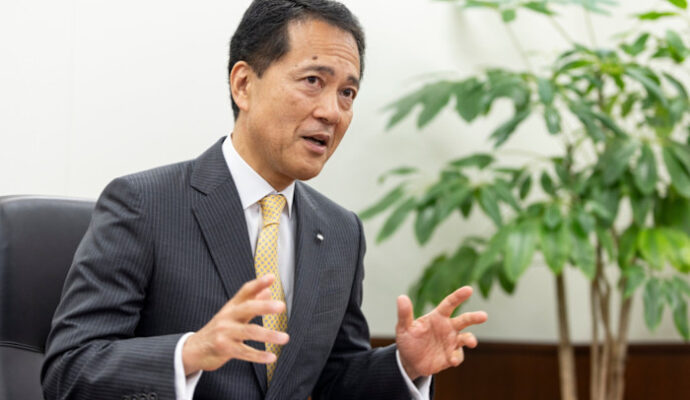
Mr. Bao’s wife, Jiang Zongcao, died on Aug. 21 at 90. Their deaths have been widely mourned by friends and supporters in China, although official media have not mentioned the deaths and social media sites have tried to stifle the news.
Bao Tong was born on Nov. 5, 1932, in Haining, Zhejiang Province, in eastern China, the third of six children. His father, Bao Peiren, a manager in an enamel products factory, and his mother, Wu Heng, a homemaker, immersed their children in learning.
The family fled the Japanese invasion in 1938, settling in what was then the French-controlled section of Shanghai. Mr. Bao recalled reading “The Observer,” an influential liberal magazine, as well as Mencius, the ancient Chinese sage, who, he said, “made me understand that people should treat other people also as people.”
After Japan’s defeat, China’s ruling Nationalist Party vied for control of the country with the Communist Party, which Mr. Bao saw as an idealistic alternative to the corruption and despotism of the Nationalists. He joined the Communists in April 1949, months before Mao proclaimed the People’s Republic.
“I was elated to join the Communist Party out of my striving for democracy,” Mr. Bao said in his memoirs, which are in private circulation. “Back then I didn’t have the slightest understanding that there was a conflict between seeking democracy and the supremacy of the Communist Party.”
He rose in the party organization. In 1955, he married Jiang Zongcao, a fellow official who became an expert in Spanish and later co-translated Gabriel García Márquez’s “One Hundred Years of Solitude.”
Mr. Bao was a loyal Communist, but his educated background and ties to banned liberal traditions created troubles for him. During Mao’s tumultuous Cultural Revolution, Mr. Bao spent more than six years undergoing indoctrination at a school in the countryside.


